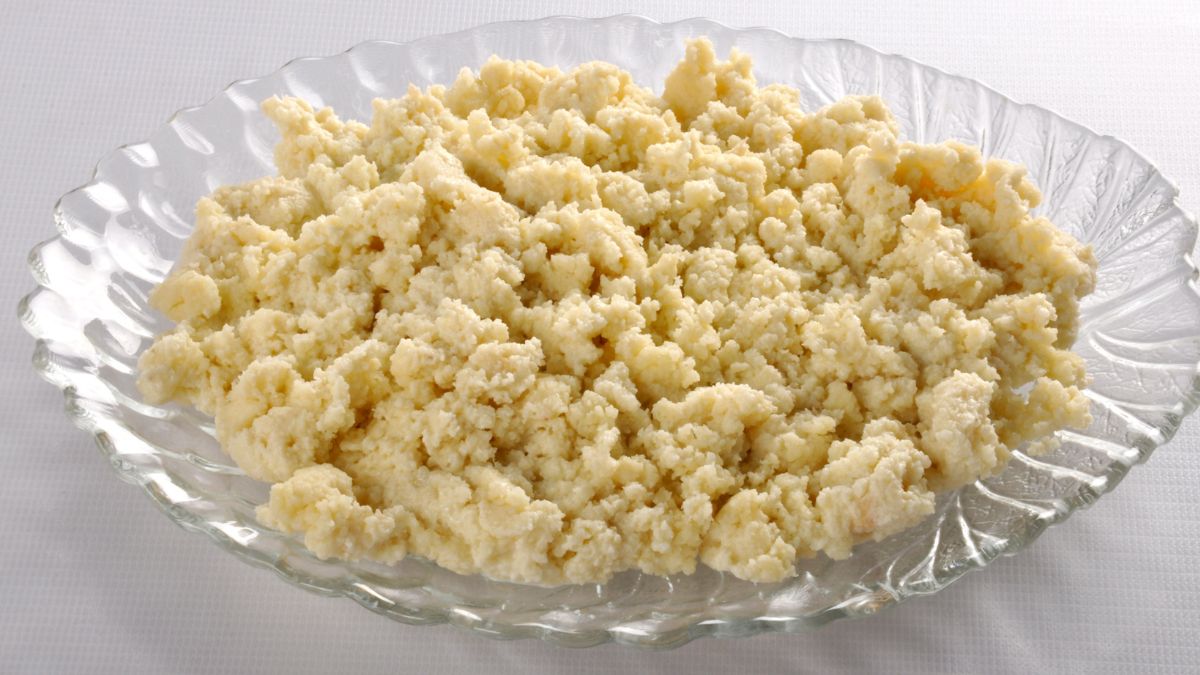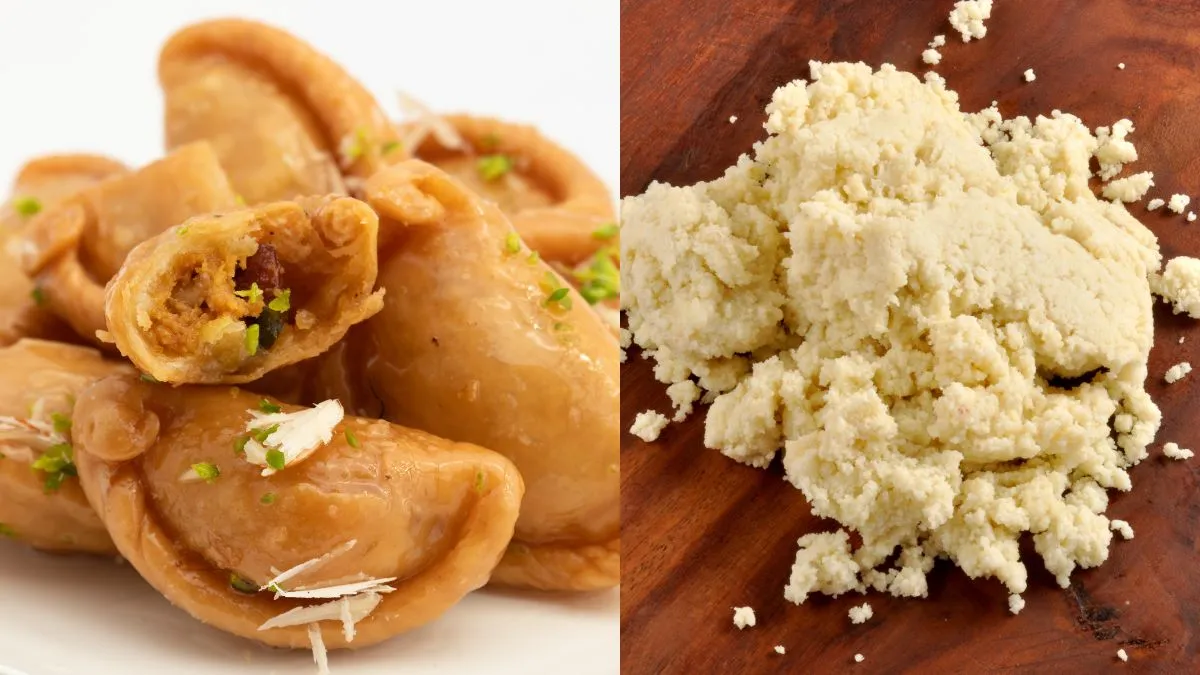- By Iram Hussain
- Wed, 12 Mar 2025 09:52 AM (IST)
- Source:JND
Tips To Check Purity Of Mawa: As Holi approaches, the air is filled with the sweet aroma of traditional delicacies, particularly the signature mawa gujiya. Many individuals opt for homemade sweets for which they used to buy mawa or khoya. However, with the increased demand for mawa or khoya during the festive season, the risk of adulteration also rises. Adulteration of sweets is a common issue during festivals, making it crucial to prioritise quality. Mawa can be adulterated with several substances, so it's essential to check its purity.
To ensure you're consuming authentic and safe sweets, you should be mindful of several factors while purchasing mawa from the market. Here, we've compiled some easy and effective tips that will surely help you to check if your mawa is pure or adulterated.
Tips To Check Purity Of Mawa
Taste Test
Before buying raw mawa, request a small sample to assess its taste, texture and quality. Pure mawa has a distinct oily and grainy texture, is sweeter in taste and leaves a greasy residue when rubbed on your palm. This simple test helps ensure you're purchasing pure and high-quality mawa.
Reputable Sweet Shops
When purchasing sweets, opting for old and trusted shops is a wise decision. Established sweet shops have a reputation to maintain, making them more likely to prioritise quality and authenticity. They are less likely to compromise on ingredients or use adulterated materials.

Ways to check the purity of mawa (Image Credits: Canva)
Smell Test
Pure khoya emits a sweet and milky aroma that's irresistible and festive. When roasted, its fragrance can fill your home. Conversely, adulterated khoya gives off a foul scent. This simple test can be performed even at the shop. Take a whiff of the khoya; if it smells sweet and milky, it's likely pure but a foul odour indicates adulteration.
Heat Test
To verify the purity of online-ordered mawa, conduct a hot pan test. Add a small amount to a heavy-bottom pan and heat it. Pure mawa will release ghee and turn golden. Adulterated mawa, containing starch or flour won't release ghee and may burn or stick to the pan when heated, indicating impurities.

